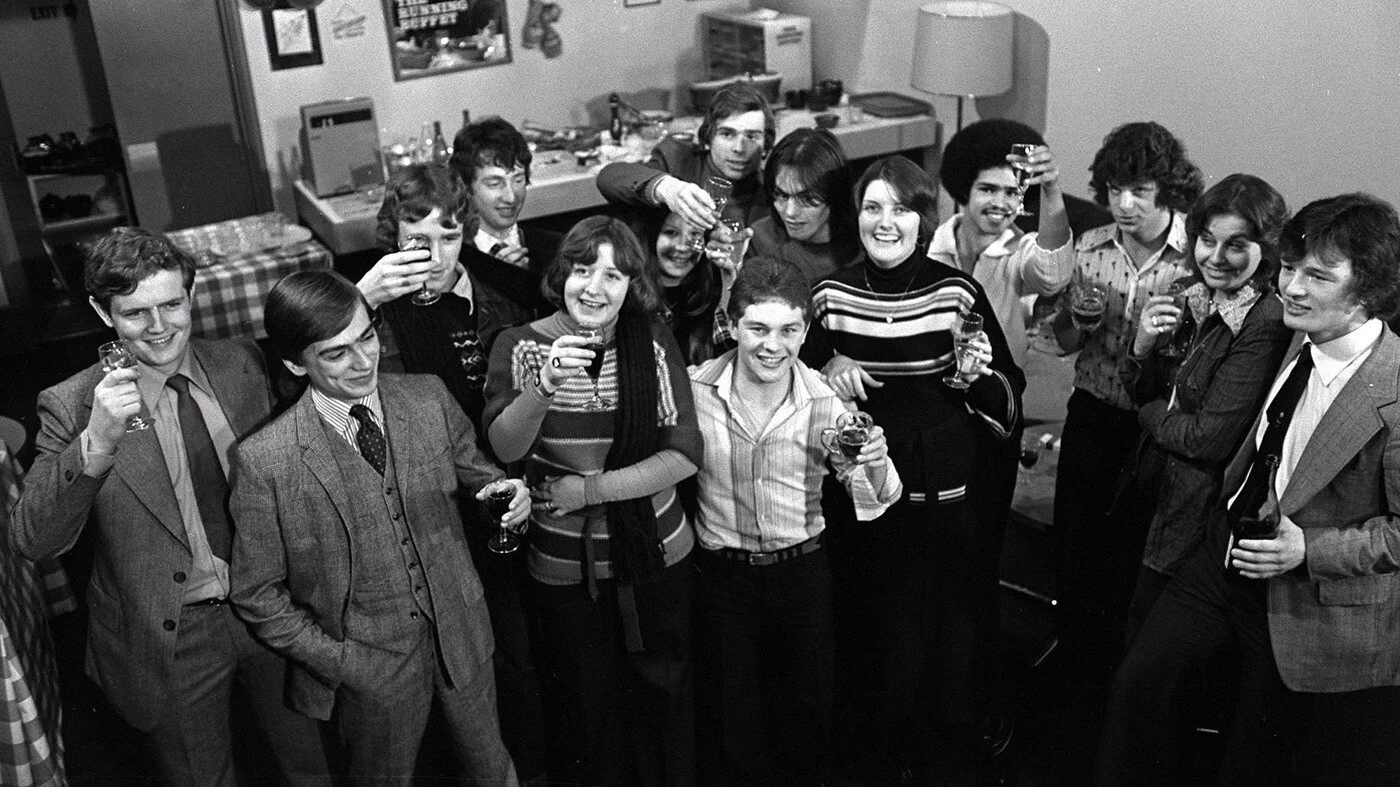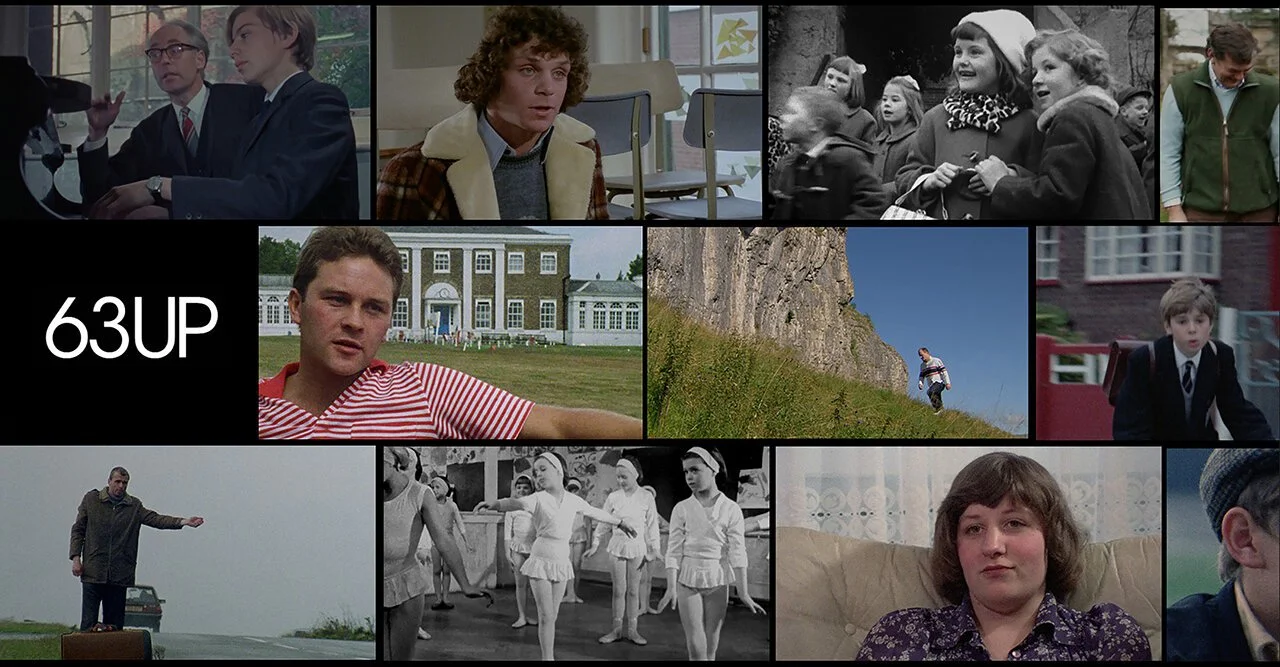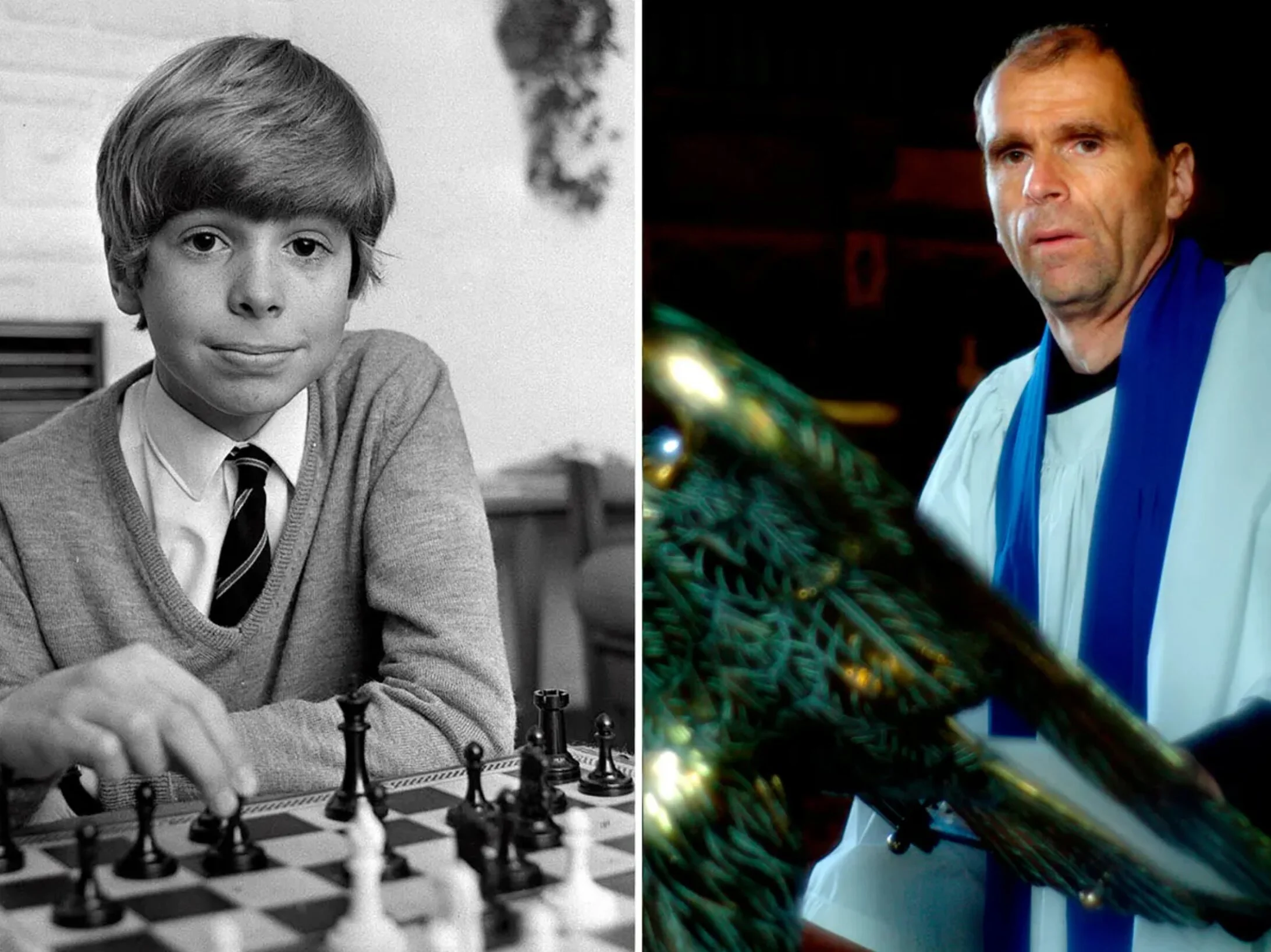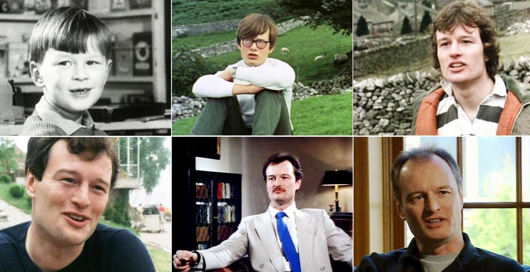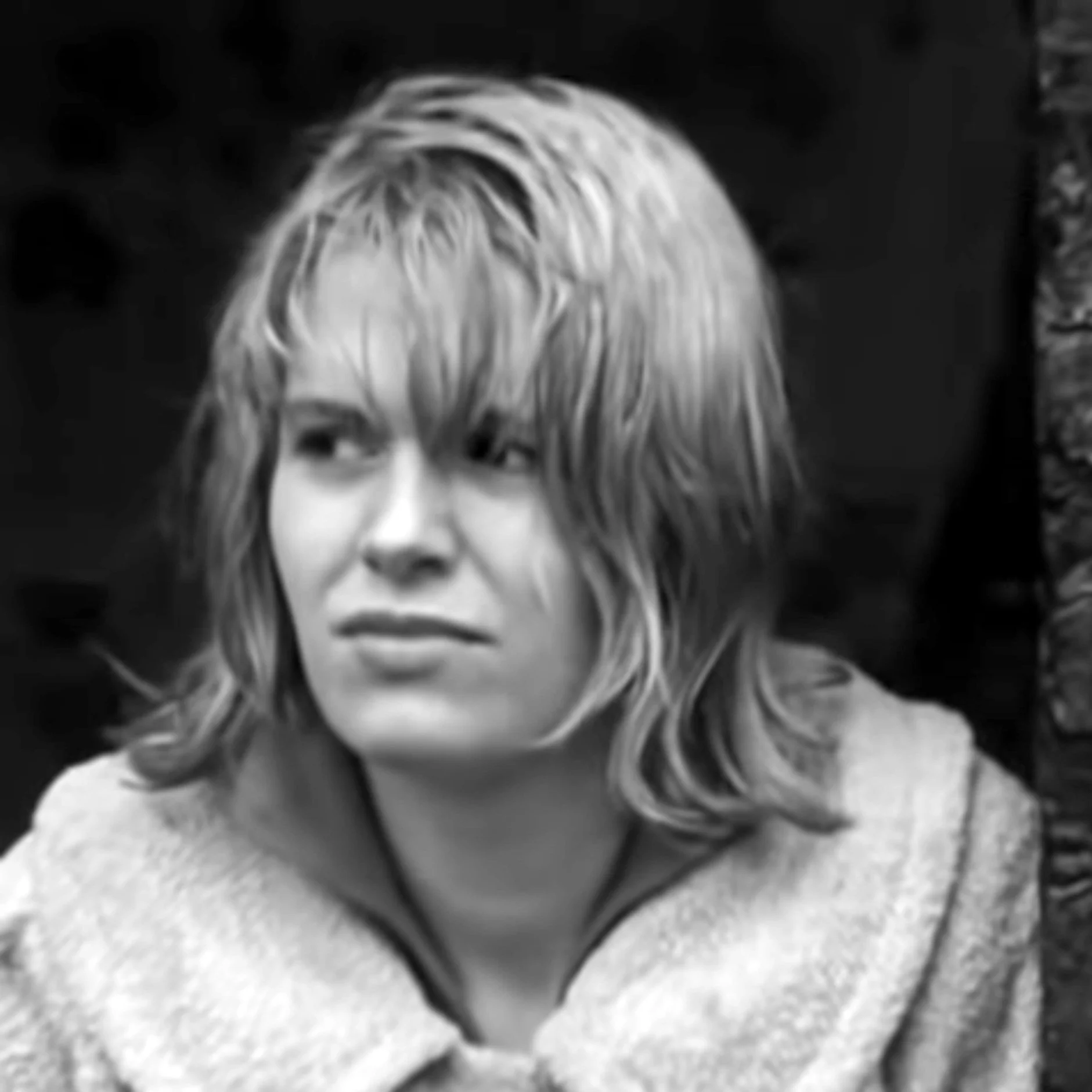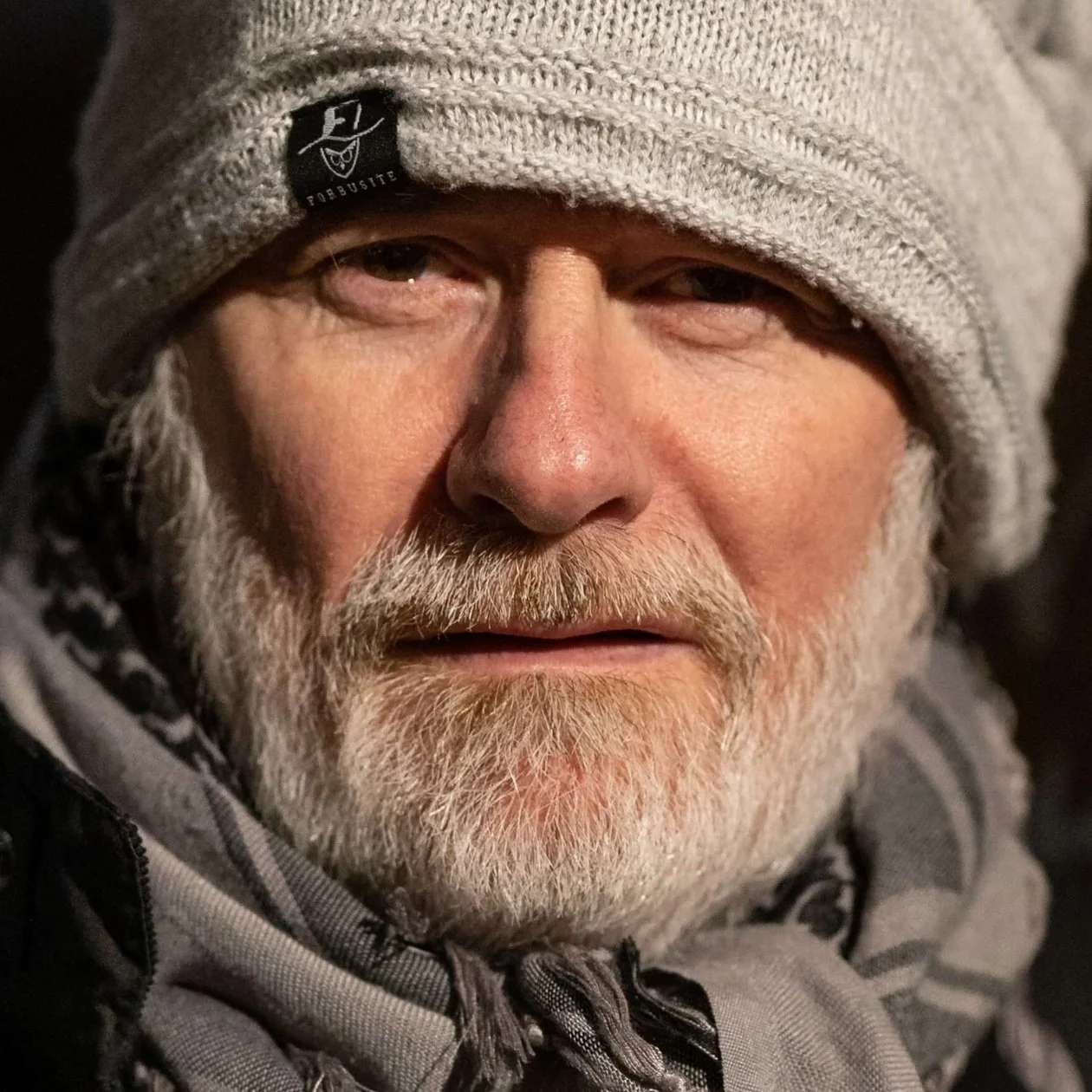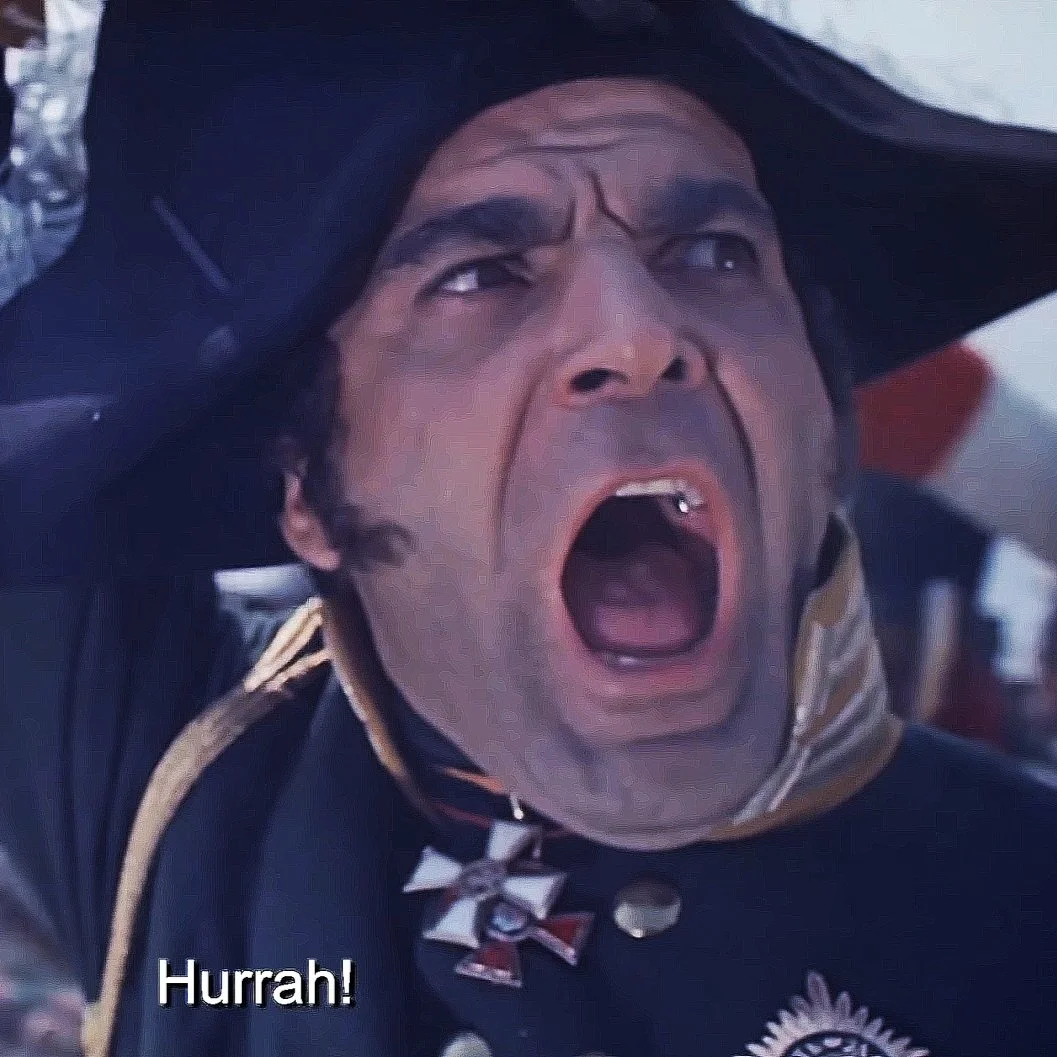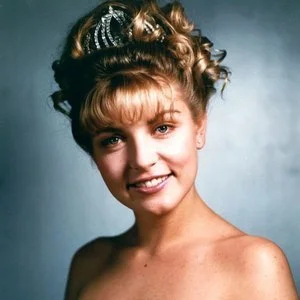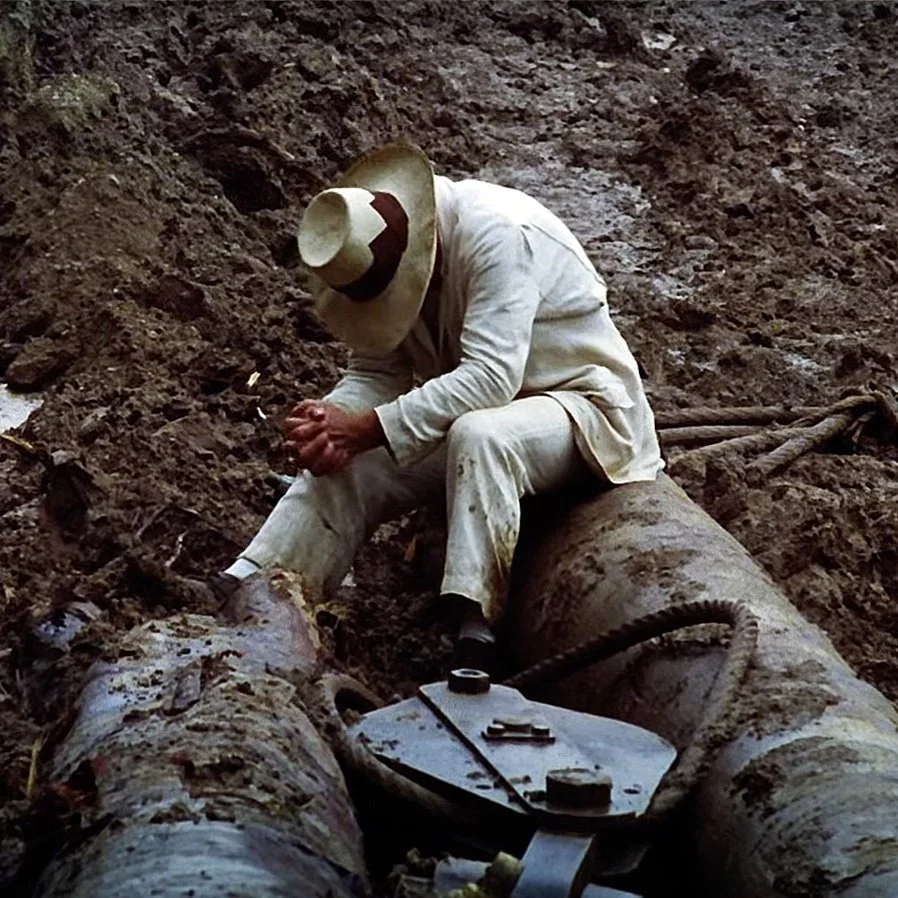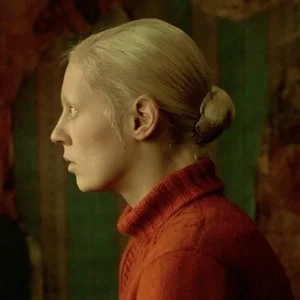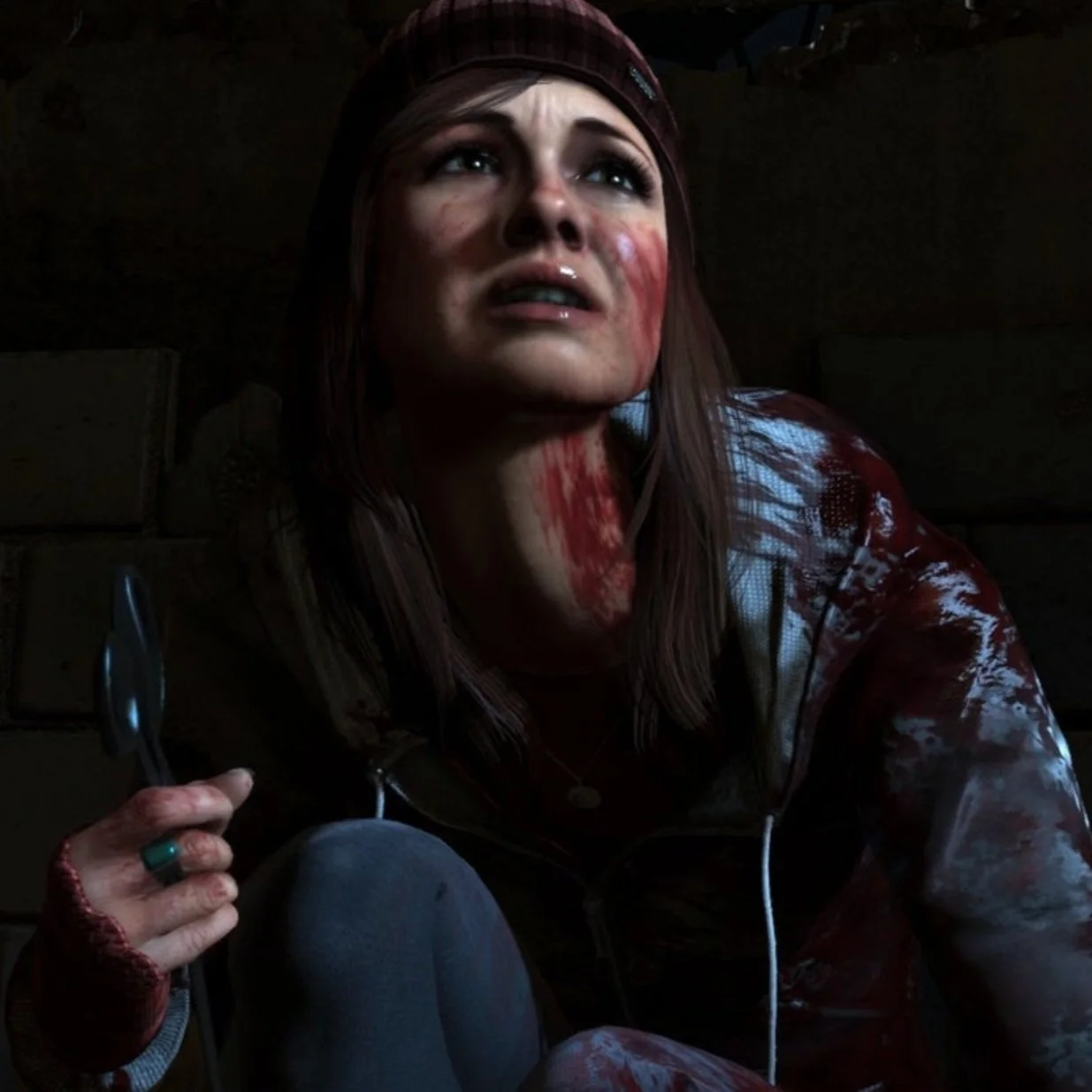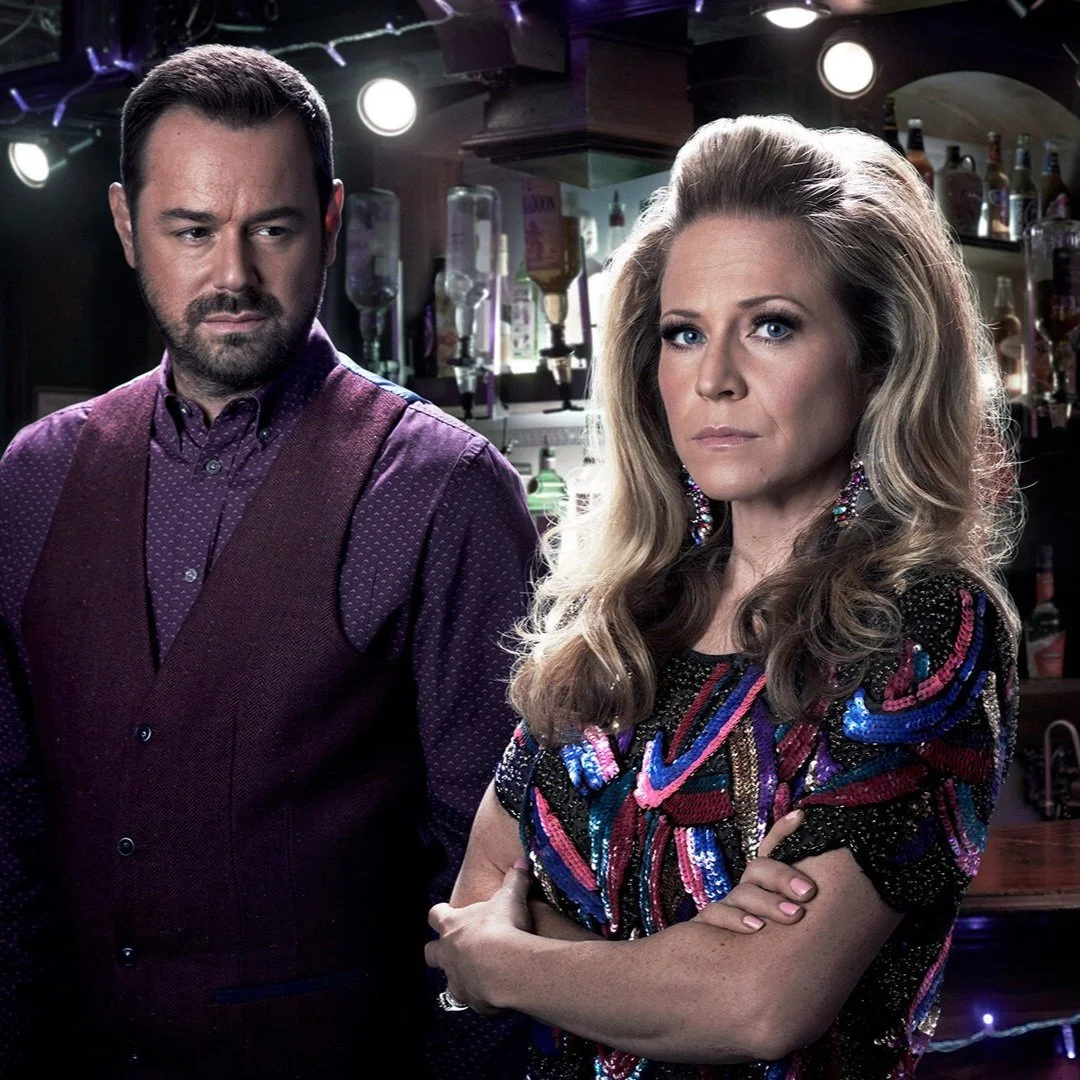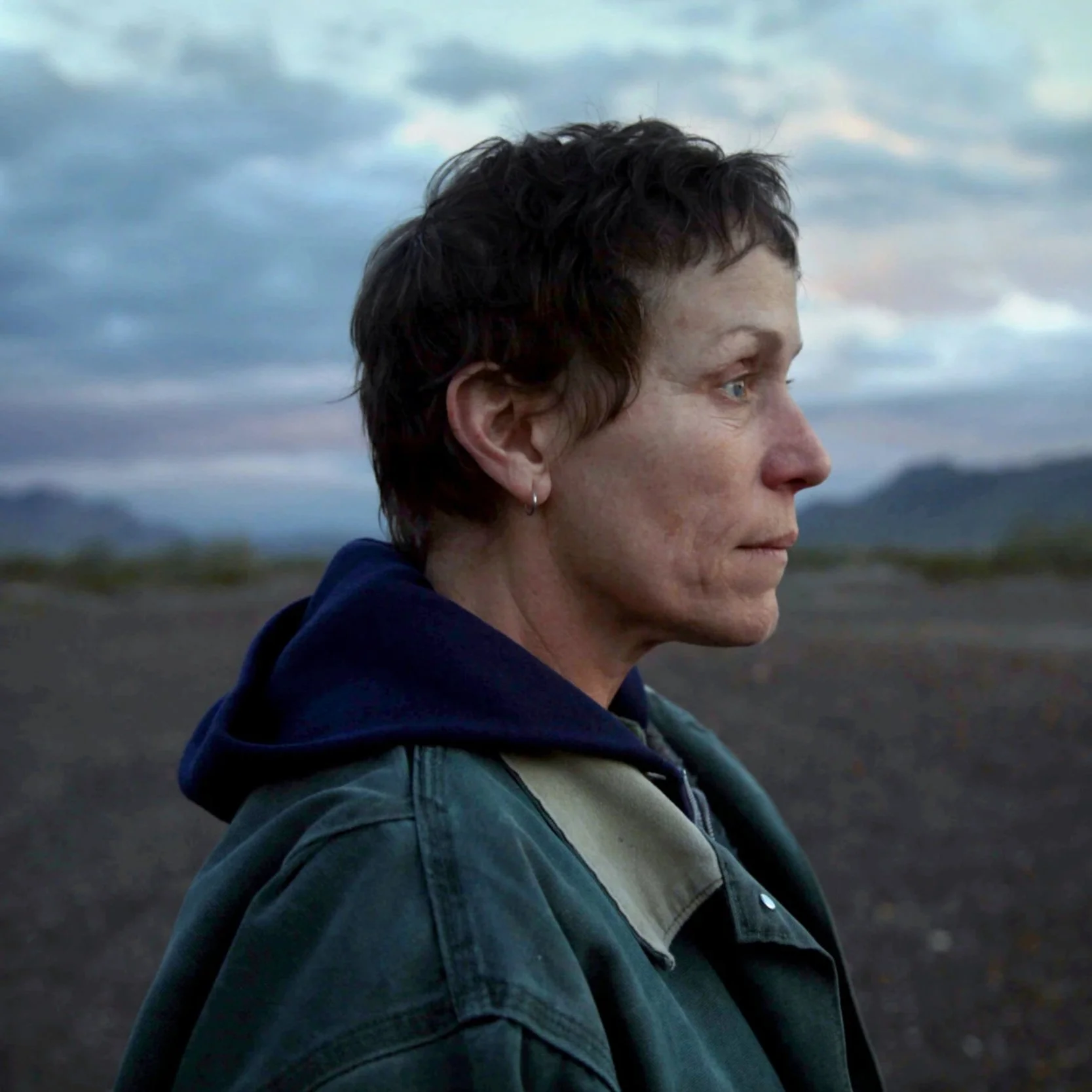The Up Series
Michael Apted’s groundbreaking documentary (1964 - Present)
The Greek philosopher Aristotle once said “Give me a child until he is 7 and I will show you the man” which serves as the central premise of Michael Apted’s groundbreaking independent documentary series Up. Apted recently died at his home in Los Angeles on 7 January 2021, at the age of 79.
Running in the UK since 1964, it has followed the lives of a diverse group of English seven-year-olds, with the loose goal of looking into the development of the country’s leaders in the year 2000. In 1971 we checked in with them at 14 Up, and every seven years since, all the way through to the most recent installment, 63 Up with many of the original participants now retired, no longer with us, or contemplating the lives they’ve led.
The original group of kids are from a broad cross-section of society. Some are from wealth and privilege, others from depressed and poor backgrounds. Some have a strong sense of their path in life, others are just surviving in the moment. What’s apparent through all of the documentaries is how the long-entrenched systems of class, the value of work, and our attachment to the need for family continue to be consistent and timeless.
Along the way each one of the kids, as they age, share their stories with us. Tony, a scrappy lad from the East End of London dreams of becoming a jockey, only to realize he’s not good enough after one close race. He later becomes a London taxi driver, finds love, and escapes the East End. In later life he invests in real estate abroad and lives the good life in Spain, only to see his dreams evaporate in the path of corporate development and a move back home to the London suburbs at the height of Brexit. Of all the children, he seems to have had the happiest life. A self-proclaimed ‘cheeky chappie’, we do see some of his ups-and-downs, but through it all he maintains a tremendously positive outlook on life that has served him and his family well.
At the other end of the class spectrum is the much maligned John, who we initially detest as a precocious, spoilt 7-year-old boasting about going to Cambridge University, and how he reads The Financial Times. But John’s relationship with the documentaries over time causes us to learn more about him, and of all the kids he has one of the most tender stories, devoting himself to a life of justice and charity for those significantly less fortunate than him. His precocious edges soften and disappear by his early twenties, and the boy grows up to be a thoughtful, generous, devoted husband and philanthropist.
Often criticized for its portrayal of females, the Up series downplays some of the aspirations of the teenage girls in the documentary, focusing on home building, having children and domestic service to others, rather than the professional flourishing many of them seek and achieve. In the later episodes they actively criticize Apted for demeaning them as children. Jackie, Lynn and Sue all go on to lead incredibly fulfilling lives both personally and professionally, with Lynn’s story the hardest, as she devotes herself to the local school library system in the face of increasing government cutbacks. Her belief in the value of reading, and determined grit to overcome any and all challenges in her life make us root for her every time. When Lynn passes away after a short illness, the first of the children to die, a section of the school library she served for over 25 years was renamed in her memory.
But of all the children’s stories Apted chose to tell, there is only one that we come back to every time. Only one that holds a mirror up to the shortcomings of government, social welfare, and the all-too ignored deficiencies of mental health treatment.
Neil, a bright, happy, funny 7 year-old from Liverpool goes on the most unpredictable journey of all the kids, already experiencing withdrawal and clear signs of anxiety by aged 14. 7 years later at 21 he’d dropped out of university, was homeless in London, and suffering. Over the next 14 years we find him living in a remote island off the coast of Scotland, drifting from place to place and often finding shelter from the rain in a local barn for the night. At 42 he’d found support from one of the other kids, Bruce, and was living with him in London, where he’d eventually piece his life back together and become a local politician. Still moving around the country, by 63 he’d married, and become a lay preacher. Neil often criticizes the intrusion into his life that the documentaries have forced upon him every 7 years, and is clearly at odds with how he is portrayed. The influence of what the documentaries see, and of course what they choose to leave unseen is a fascinating case study in editing, with Apted the central decider.
There are many other wonderful, heartfelt and bittersweet moments throughout the series, especially as the children, now approaching the end of their lives, reflect on a life well lived and their own mortality. Nick, a farmer’s son from the rural north, who became a scientist in America, is most grateful to Apted, explaining what a wonderful gift his ability to participate in the show has been in his life, and how few people get to see their lives play out in reverse like this.
It’s unclear if there will be a 70-Up in 2026, especially with Apted no longer with us, but I hope so. Up doesn’t just hold a mirror up to society and its frequent failings and prejudice, but it also shows us our hopes for the future, and how if we’re kind, and we work hard, amazing things can happen.
The Up series is currently streaming on BritBox and Amazon Prime.


